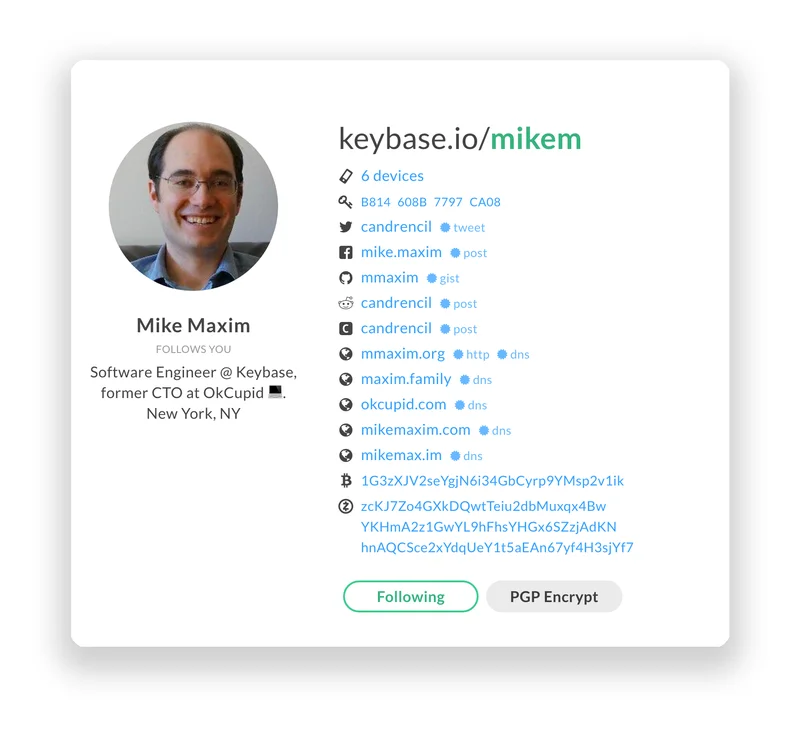Zcash Is Pumping Again: Inside the "Privacy" Narrative They're Selling – and Why It's Probably B.S.
So, Zcash is back from the dead. Or so they tell me. For the first time since 2021, my feed is clogged with charts of this crypto ghost, a relic from the post-Snowden era when we all pretended privacy was a right and not just a feature to be sold back to us.
The numbers are, admittedly, nuts. The token, ZEC, ripped itself off the morgue slab, screaming from $50 to over $350 in a month. Bitcoin fork Zcash up 380% to $5.8B: Does scarce privacy have legs? Suddenly, a coin that was shorthand for "forgotten cypherpunk experiment" is the darling of the retail army.
It's being hailed as 2025's most surprising comeback story. A revival. A renaissance.
Let's be real. This isn't a renaissance. It's a séance. A bunch of people got together, lit some candles, and summoned the ghost of a dead narrative hoping it would make them rich. And for a minute, it looked like it worked. But ghosts don't stick around, and this one is already starting to fade.
Hype, Hot Air, and a Halving That Never Was
Every crypto pump needs a story, and this one had a few good ones. The main event was the "privacy meta." With governments worldwide rolling out digital IDs and AI-powered transaction tracing, the argument goes that people are finally waking up to the need for financial confidentiality. Zcash, with its fancy zero-knowledge proofs, became the poster child for this ideological trade.
It’s a nice story. It’s clean, it’s principled, and it’s almost completely disconnected from reality.
If this was about a sudden, organic demand for privacy, where was it for the last five years while ZEC was collecting dust in the crypto graveyard? People didn't suddenly start caring about privacy last month. No, what they started caring about was a chart that only went up. The privacy narrative was just convenient packaging. It’s like buying a gas-guzzling muscle car and telling everyone you bought it for the "superior safety features." Give me a break.
The real driver, offcourse, was a cocktail of influencer shilling and pure, uncut misinformation. You had guys like Arthur Hayes fantasizing about a $10,000 ZEC while Barry Silbert was on X (or whatever we're calling it this week) amplifying every minor update like it was the second coming. This is the classic playbook: get some big accounts to light the fuse and let the retail suckers provide the explosion.

But the most pathetic part of this whole charade was the halving myth. A huge chunk of the buying frenzy was fueled by traders convinced a Zcash halving was just around the corner in November 2025. This was supposed to be the big scarcity event, the thing that would send ZEC to the moon.
There's just one tiny problem: it wasn't true. The last halving was in November 2024. The next one isn't until 2028. This wasn't some arcane, hidden piece of data; it's public information. But in a market driven by pure FOMO, who has time for a five-second Google search? This wasn't a smart rotation into an undervalued asset. It was a stampede caused by people who couldn't be bothered to read a calendar.
The Inevitable Hangover
And now, the hangover is kicking in. The party got a little too loud, and the cops are at the door. Technical analysts are already pointing to the reversal from the $355 resistance level, calling for a drop back to the $260s. The charts are screaming "it's over," but the true believers are still humming the party tunes.
This whole episode is a perfect metaphor for the state of crypto. We have this incredible technology—zero-knowledge proofs are a legitimate cryptographic breakthrough. Zcash developers are shipping code, with the Orchard protocol seeing real adoption within its shielded pools. The shielded supply has hit 4.5 million ZEC, which sounds impressive until you realize it's a drop in the bucket. These technicals are the vegetables. They're good for you, but nobody's showing up for them. They’re here for the sugar rush of the pump.
The project has real technical merit. No, "merit" is too weak—it's a cryptographic marvel. But the market doesn't care. It treats ZEC not as "encrypted Bitcoin," but as another gambling chip. How many of the people who aped into this rally have ever actually sent a shielded transaction? I’d bet my life the number is statistically insignificant. They don't want to use privacy; they want to speculate on the idea of it.
Meanwhile, the structural problems haven't gone anywhere. Liquidity is still thin. Most major exchanges still block or restrict shielded withdrawals and deposits, neutering the coin's entire reason for being. And institutional money? Forget it. They won't touch an asset designed for untraceability with a ten-foot pole wrapped in compliance forms. This ain't the asset that's going into a BlackRock ETF.
So what are we left with? A nine-year-old project that proved its own point: in a transparent financial system, privacy is valuable. But it also proved that in a market driven by hype, even the most noble ideas become just another stupid pump-and-dump.
Same Circus, Different Clowns
At the end of the day, this wasn't a story about the triumphant return of privacy. It was a story about greed, misinformation, and the market's infinite capacity for self-delusion. Zcash didn't have a renaissance; it just had its fifteen minutes of fame, again. The technology is fascinating, the ideal is noble, but the execution was just another crypto fever dream. The price will settle, the tourists will leave, and Zcash will go back to being a project admired by a handful of cryptographers and ignored by everyone else. Until the next time the circus comes to town.
